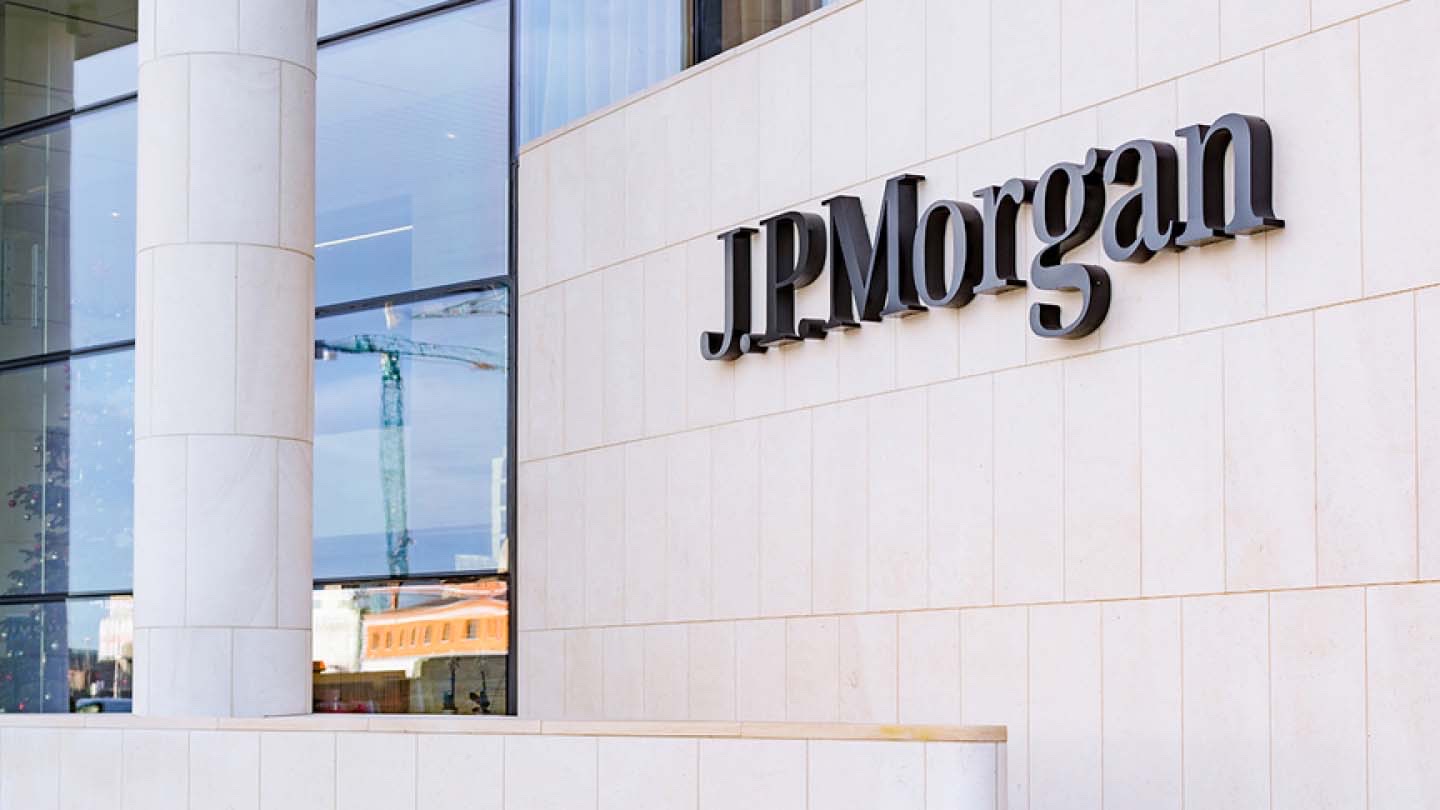
Photo source: Getty Images
In the past five years, Barclays (LSE: Barc) has been placed in an excellent performance in the stock market. During that period, the price of Barclays rose 149 %.
The profit return is 2.6 %, but the investor who bought the low price five years ago will now achieve approximately 6.5 %.
Despite this powerful price growth, Barclays does not necessarily seem exaggerated now. The shares are traded to the price ratio to 9, less than competitors, including Lloyds and HSBC Widely Natest.
Therefore, are there long-term capabilities to estimate the price of Barclays-and I must add FTSE 100 A company to my wallet?
Strong and proven works
I see a lot you like about Barclays.
Retail banking services are often very profitable. The demand is wide and is likely to continue in the long run. The business model is simple (although getting the correct details can be difficult and costly). Barclays has a strong brand, large customer base and long experience in how to run a retail bank.
Barclays grow this process, for example by taking it on Tesco Bank. In the first quarter, the retail bank provided a north income with a value of 2 billion pounds, which is an impressive growth rate on an annual basis of 14 %.
But – this is where the UK bank is highly listed – Barclays is much more than just a large street player focusing on the UK. It also has a wide international investment bank.
This adds a lot of fluctuations, but it can be very profitable. In fact, in the first quarter, the investment banking process witnessed that income grows by 16 % to 3.8 billion pounds.
It is clear that it is not exaggerated
Is it a coincidence that Barclays trades on a cheaper evaluation than some UK competitors?
I don’t think so. In fact, this was often the case and I think there is a simple reason for it. While the Barclays Investment Services Department provides the possibility of obtaining bumper profits in good years, it also adds additional risks to the top of those in the retail arm.
Investment banks are expensive, and they work in a brutal competitive market and you can see a decline in demand when the economy is fragile. This means that their profit can go through some wild fluctuations.
Markets do not like fluctuation. Barclays’s exposure to investment banking services helps explain the clear opponent to sell its shares compared to some of its peers.
But although these risks are real, I do not think Barclays shares look expensive given the quality of their operation. If the economy reduces, I expect both parts of its operations to witness low income. The share price can be withdrawn.
If the economy flows well, or is good, I see more good days of the next company. On this basis, I think Barclays’s share may rise from here.
Personally, although the risk of weakness in the economy still resulted from buying any bank shares at the present time, including these shares.




